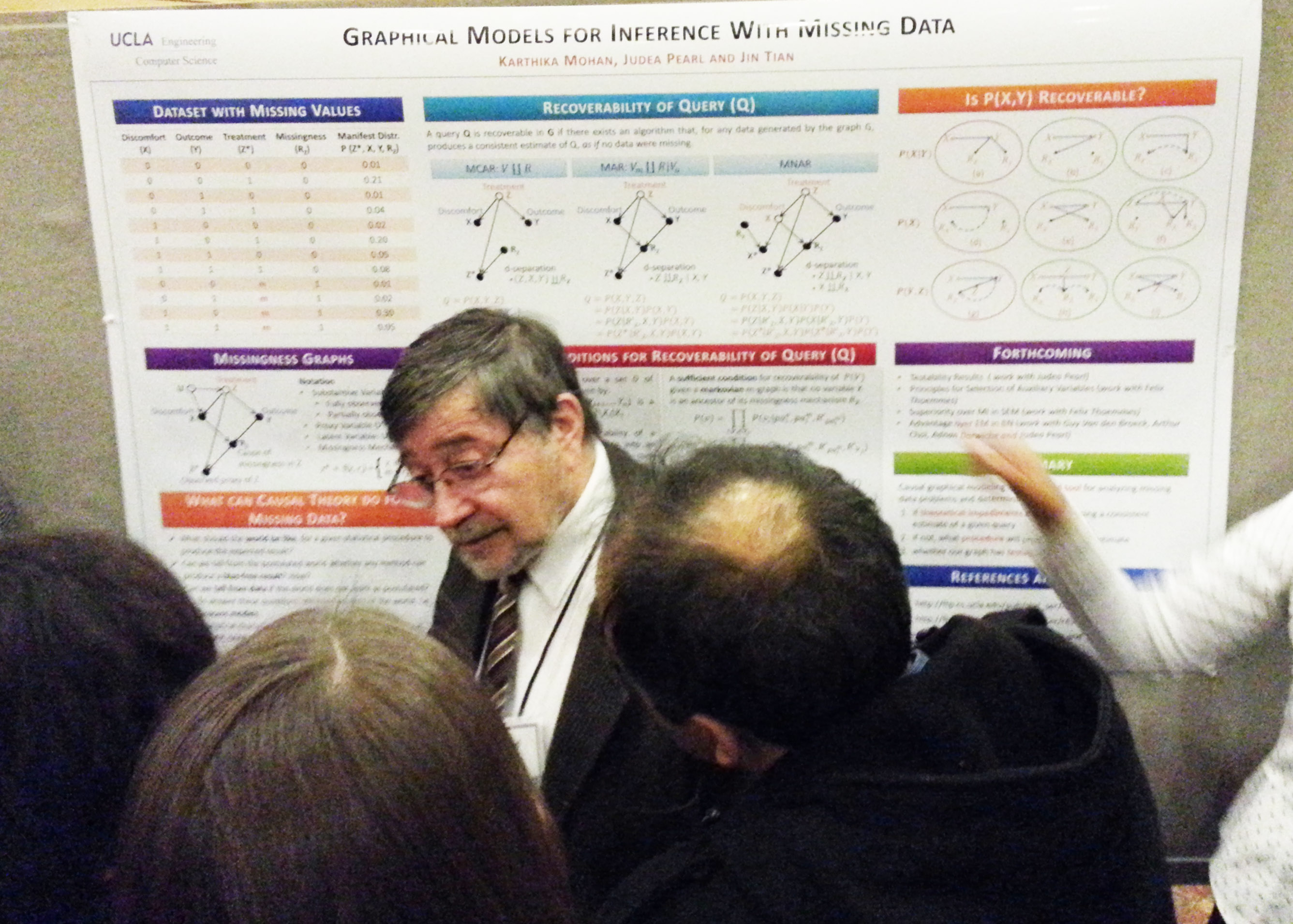AI-generated content has become a highly debated topic, particularly with the introduction of GPT-3.5 and ChatGPT. As an affiliate for AI products and someone who teaches others how to become skilled in AI-driven content, I've witnessed the contrasting opinions that have emerged in the past year.
While some individuals are excited about the possibilities of using AI to enhance their content, others are concerned that it will lead to unemployment and a chaotic internet flooded with spam. Among the many concerns surrounding AI, one of the recurring issues is its impact on SEO. Sensational headlines in the SEO Journal have sparked controversy and created fear about the risks associated with using AI writers.
The headlines claim that AI content is spam and that websites using it will be penalized. However, the truth is more nuanced and complex, as is often the case with SEO. While I cannot guarantee insight into Google's inner workings, I can share why I personally do not worry about using AI in my SEO projects.
The Search Engine Journal article caused a stir because of a statement made by John Mueller, Google's Search Advocate. The headline portrayed Mueller as declaring war against AI writers. However, when examining the actual quote from Mueller, it becomes clear that he was simply referring to AI-generated content falling into the category of automatically generated content, which has long been against Google's Webmaster Guidelines. This guideline was created during a time when AI content was of low quality and clearly spam.
However, a closer look at Google's current spam policies reveals subtle but important language regarding AI. Google defines spammy auto-generated content as content that lacks originality, does not provide sufficient value, and is primarily created to manipulate search rankings rather than help users. Google specifies examples of spammy auto-generated content, such as text that makes no sense to readers but includes search keywords, machine-translated text without human review, and text generated without regard for quality or user experience.
If Google truly despised all AI content, they could have simply stated that it is against their policies. Instead, they provide a detailed breakdown of the specific type of AI content they oppose—content that is generic, unhelpful, and lacks value for the reader.
Google's focus is primarily on the quality of the content rather than who or what wrote it. This is reinforced by statements from Danny Sullivan, Google's public search liaison, who states that if the primary purpose of the content is to help users, it should not violate Google's guidelines. Google aims to display the best and most helpful content, regardless of whether it was written by a human, an AI, or any other source.
In fact, Google's recent update known as the Helpful Content update, which was rolled out last summer, impacted poorly written content rather than specifically targeting AI-heavy articles. It is true that some of those poorly written articles may have been generated by AI, but many were simply the result of unskilled or lazy human writers. Personally, I have been using AI on my website for over a year and have seen a slight improvement in rankings.
Moreover, it is highly unlikely that Google can reliably detect AI-generated content. While there are AI content detection tools available, none of them can accurately identify AI content, especially when faced with advanced AI models like GPT-3.5. Even when running articles written entirely by AI through these tools, they often produce human/originality scores. On the other hand, articles written without any AI assistance have sometimes been flagged as containing AI content. This lack of accuracy can be attributed to several factors, including the fact that AI writers have evolved beyond basic content spinning, most bloggers do not publish unedited AI content, and poorly written human content can often sound more robotic than AI-generated content.
Although AI content detection tools can be helpful for editing purposes, their results should be taken with caution. Ultimately, the key takeaway is that AI content is not inherently synonymous with poor quality. While content spinning is no longer effective, whether done manually or with the assistance of AI, there is no reason why AI cannot be leveraged to improve and expedite content creation from a content marketing and SEO perspective. By using AI as a tool rather than relying on it entirely, content creators can add their own insights, expertise, and experiences, which will set their blogs apart from the rest.
In conclusion, AI content may have its own challenges, but Google is not one of them if used appropriately. It is crucial to focus on delivering high-quality content, regardless of whether it is created by humans or AI. By properly utilizing AI tools and combining them with personal expertise, content creators can stay ahead of the curve in the ever-evolving world of content marketing and SEO.
See our SEO related AI Tools





